Central African Republic
The United Nations Security Council on Tuesday unanimously lifted an arms embargo on the Central African Republic (CAR).
It was imposed in 2013 when mainly Muslim rebels ousted the then president, Francois Bozize, prompting reprisals from mostly Christian militias.
The sanctions were already watered-down last year when the Council agreed to exempt government forces from the embargo.
CAR foreign minister, Sylvie Baipo-Temon, described the decision as an “historic and crucial turning point for peace and stability”, not only for the country but also for the region.
“This diplomatic victory constitutes a first step that restores dignity to CAR and its people by making Central African diplomacy a model of perseverance and determination in the quest for a more equitable world,” she said.
However, the Security Council called on nations to take all necessary measures to prevent the direct or indirect supply of weapons to armed groups operating in the country.
A 2019 peace deal lessened but did not end fighting and a United Nations peacekeeping mission, MINUSCA, was tasked with trying to stop the violence.
The UN mission is currently assisting with preparations for the first local elections in over 36 years, due to take place in October.




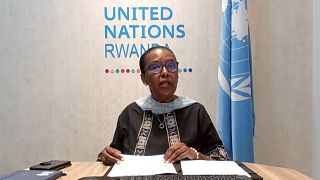
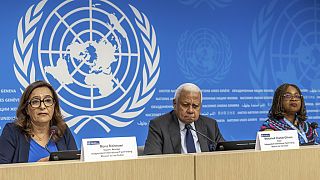
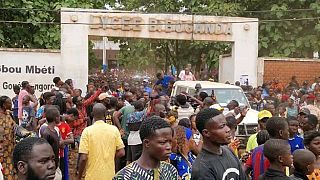
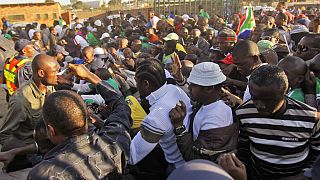
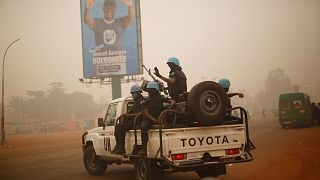
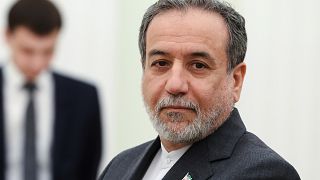


01:56
Sudan war fuelled by external arms flow to the country
00:53
Beirut: Palestinian president Abbas meets with Lebanese officials
01:30
UN's Haiti human rights expert warns of dire situation
01:10
Central African Republic and Russia strengthen political ties
01:08
DRC: Amnesty International condemns use of explosive weapons
01:27
UN Under-Secretary-General for Peace Operations visits CAR